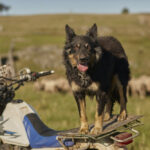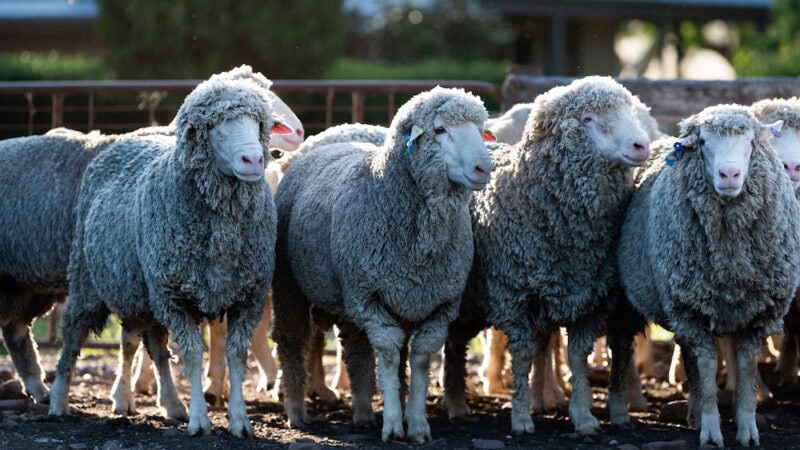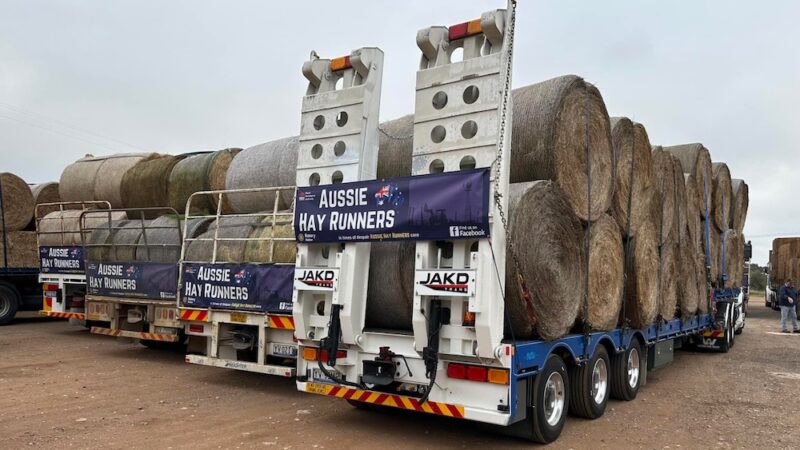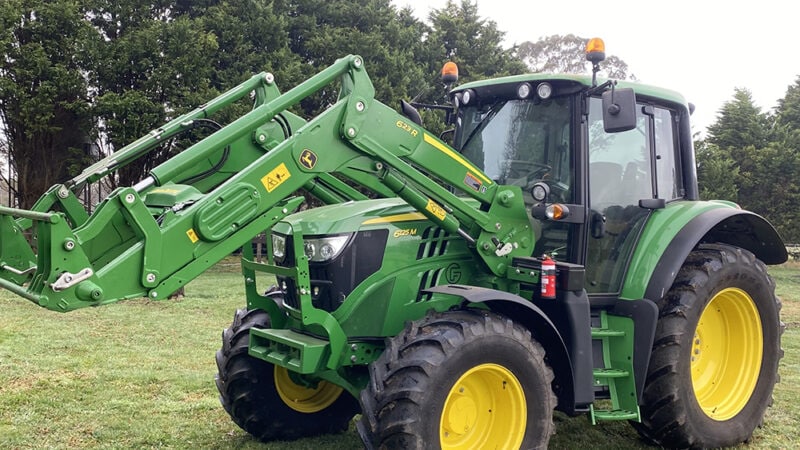Winston lives on a cotton farm near Delungra. He's in the market for a girlfriend…
Challenges & opps when buying farm gear
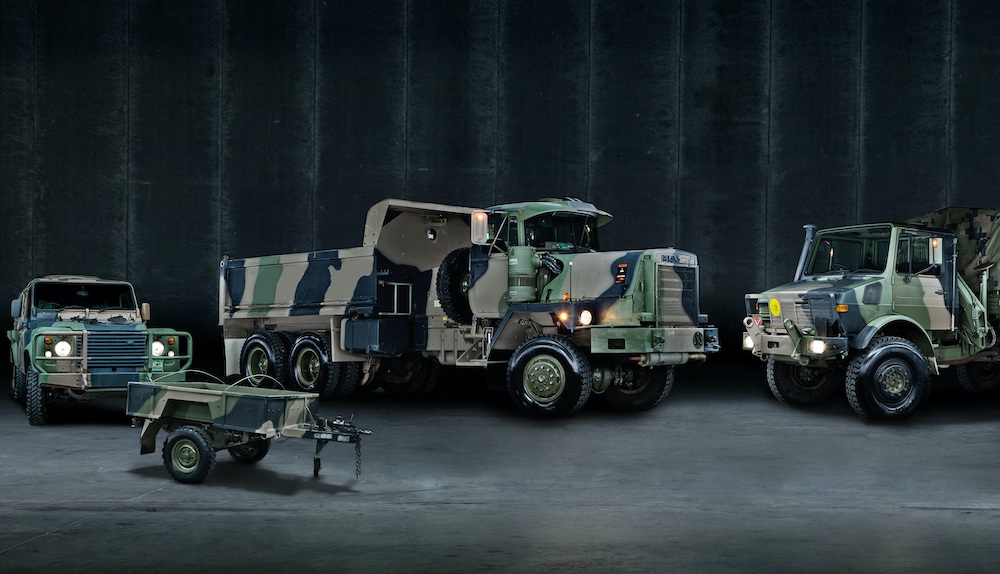
�May you live in interesting times,� is an ancient Chinese curse, and there�s no doubt about it, times are certainly interesting for the Australian farm machinery sector. Farmers are flush with cash due to good seasons and high commodity prices, but supply constraints caused by the ongoing pandemic and global uncertainty are impacting supply chains and the ability to get great farm gear.
Here we cover some businesses with different products on offer, and stories of trends that they�ve seen recently in agriculture.
Australian-made equipment ahead on availability
The Seed Terminator is an Australian invention designed and manufactured in Australia that attaches to harvesters, where it kills off seeds before they become weeds.
�Some farmers are feeling let down by the mainstream suppliers and dealers,� says marketing manager Kelly Ingram. �Machinery costs seem to have grown faster than normal, delivery dates are flexible at best, and the ability of the dealer to support the products is the worst it has ever been. One response to these factors is that farmers are locking in purchases earlier than ever due to long lead times on mainline machinery brands.
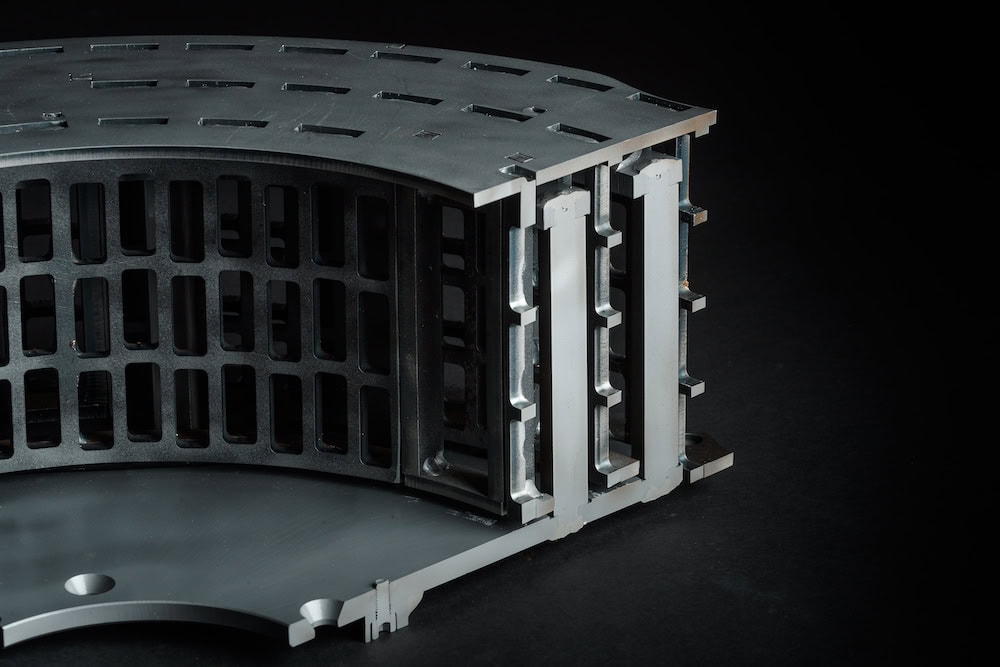
�Some of these situations can be alleviated by purchasing Australian-made products, that have stable local production and supplies of spare parts,� she says. �However we need to think outside the box to overcome these issues � hold larger inventories, order inputs further ahead, be inventive about finding good staff and retaining them.�
While supply chain issues such as stock delays and staffing issues are driving many of the buying trends at the moment � as well as creating both short-term and long-term costs, Kelly says farmers� buying decisions are still driven by the need to solve problems on their farms.
�Seed Terminator is a product proven to be very successful at actually killing weed seeds but the drivers for farmers investing in mechanical weed control are varied,� she says. �We see innovative growers looking to diversify their weed control to stay on top of their weed seed bank, growers with herbicide resistance problems who need to diversify, or those just looking to tidy up at harvest as they don�t see the value in spreading weed seeds out the back as they harvest.�
Trend towards tough machinery farmers can repair themselves
Australian Frontline Machinery is dedicated to auctioning ex-Australian military assets ranging from trailers to helicopters, motorbikes to Mack trucks. According to marketing and sales manager, Tara O�Hara, there is a definite trend towards equipment that is tough and easy to operate, and that farmers can repair themselves. And despite the great season and strong prices, many farmers are still looking for a bargain.
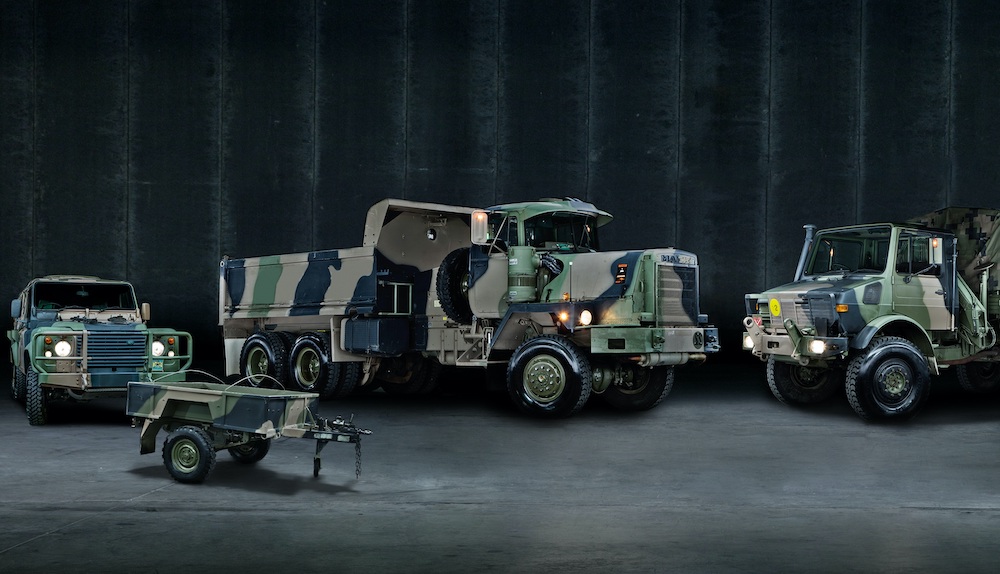
�We�re giving farmers the opportunity to buy used machinery over brand new machinery, in order to avoid paying those exorbitant upfront costs,� Tara says. �It�s particularly good for smaller farmers who don�t necessarily have the capital to be able to purchase new equipment and because they can bid on the equipment, they can determine exactly what their price point is. Unlike new equipment, where there is not always a lot of room to negotiate.�
Tara says that the Mack R6X6 cargo trucks have been a best seller in the past, and that they come with a winch and cargo crane so farmers can use them to carry all sorts of things around the farm such as hay and livestock.
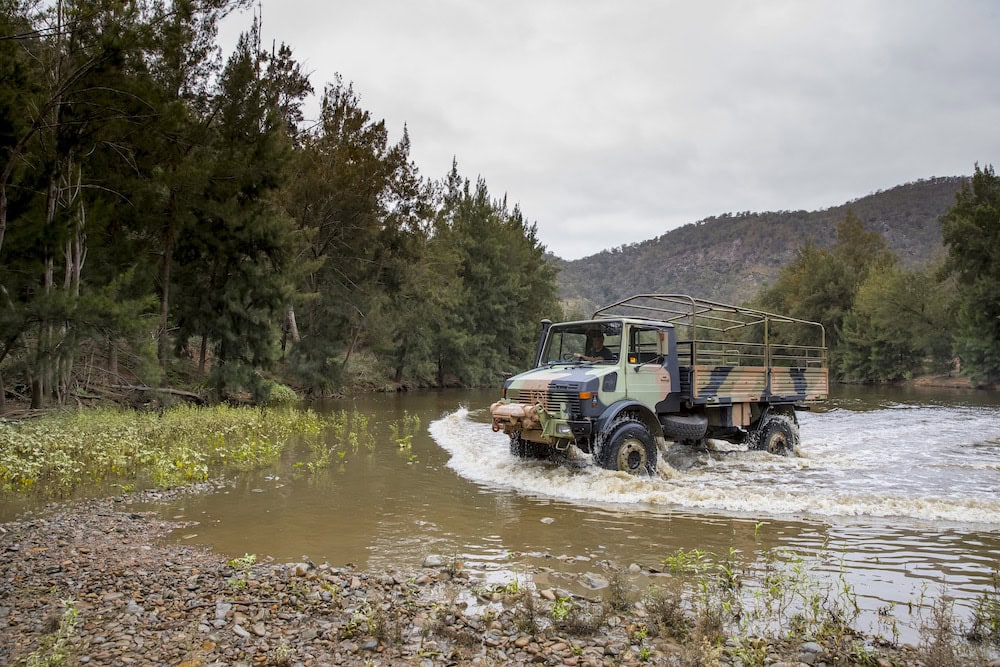
�Recently we�ve seen a trend towards the Mercedes-Benz Unimog,� she says. �They�re a 4X4 vehicle that also comes with a cargo crane and winch that is extremely capable � some farmers are even using them to pull implements.
�Just like the rest of the country we have experienced higher prices for vehicles, but it hasn�t affected the Unimog or the Mack that much,� she adds. �It�s really only affected Land Rovers, which have almost doubled in price when it comes to average auction prices.�
Reducing input costs
Michael Murphy of Essar Machinery, and the NSW agent for Diesel Performance Solutions, has seen strong growth in one of the company�s main services � remapping engine control units (ECUs) of tractors, harvesters and other farming machinery to bypass the need to use AdBlue.
�AdBlue is another high-cost consumable for farmers and if something related to the AdBlue breaks down, instead of just one day to source parts as it would be for a non-AdBlue diesel engine, it can be three to four days before the parts to fix it are available,� he explains.
�I go out to the farm and take all of the information out of an engine�s ECU, download it onto a laptop, send it away to the technicians at DPS, and they remap the ECU to make the modifications they need to adjust then I re-download it to the ECU of the tractor,� he says.
�As well as bypassing the need to use AdBlue, some farmers are opting to increase the horsepower of their machinery. By remapping the ECU, farmers can get a 180-horsepower tractor to perform at a similar level to a 250-horsepower tractor for much less investment than buying the larger unit.�
Rollover protection regulations drives different buying
It�s not just big iron that is seeing new major trends in buying patterns. According to Justin Hoad of Electric Offroad Bikes, in the personal transport segment, a big change has been that four-wheelers now need to have rollover protection.
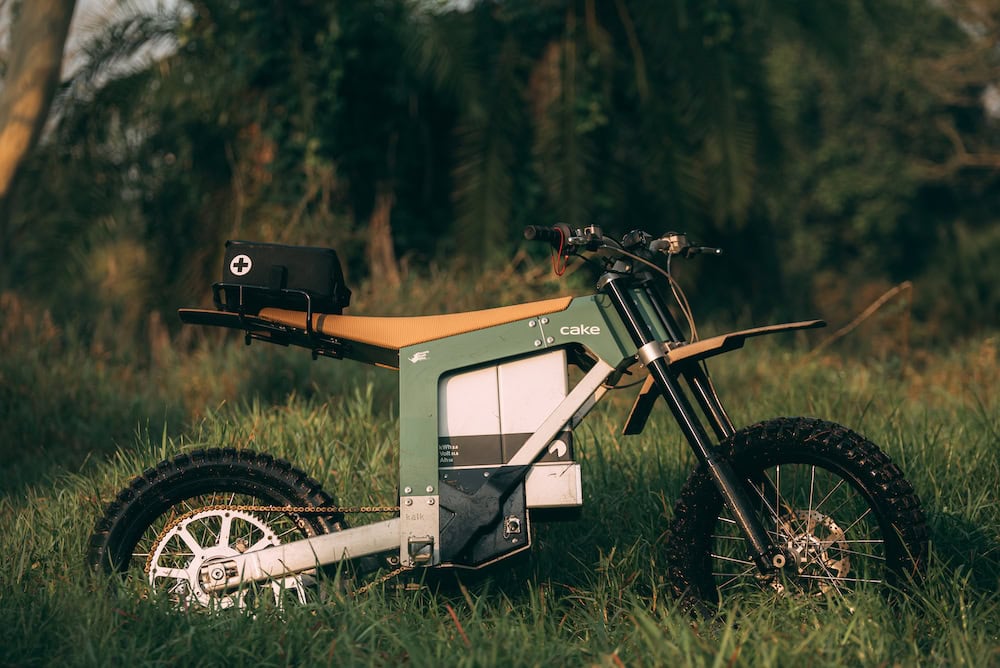
�As a result, a lot of farmers are switching to side-by-sides, but they can be just as big of a rollover risk, and if you don�t have a seatbelt, they can be just as dangerous as a quad bike,� he says. �In addition, they are expensive to purchase and run compared to a quad bike, so people are going back to two-wheeled bikes as an option.�
And so, Justin explains that they are now offering an electric two-wheel bike that runs on batteries and can be charged at home, allowing farmers to decouple from the fossil fuel industry.
�Even if there is a fuel crisis like there is now, you can still get around your farm,� he says. �A lot of farmers have invested in solar panels to offset the cost of running items such as irrigation pumps and shearing sheds. So for them, an electric bike is very cheap to run around the farm. It�s also lightweight and so instead of a 300kg quad bike possibly landing on you, you�d have a 60kg or 80kg two-wheel bike, which you can crawl out from under if you need to.�
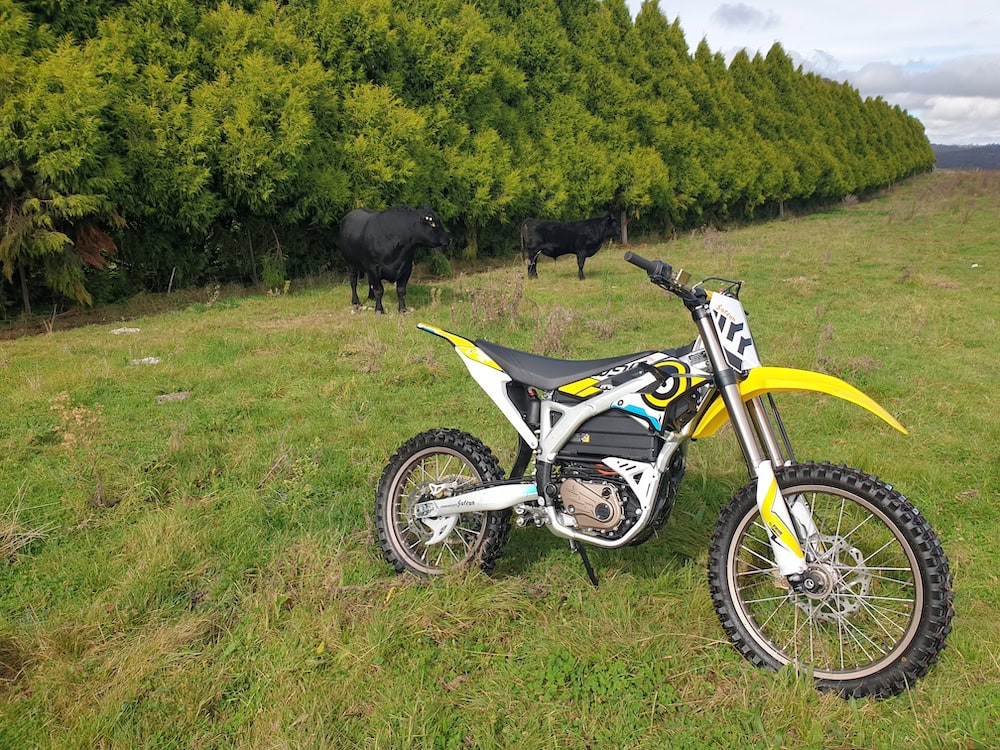
Electric Offroad Bikes has a range of models with ranges of 50 and 100 kilometres, or �three to eight hours of mustering type work where you�re poking around behind stock,� says Justin. �Most of them take only three or four hours to recharge and many users buy a second battery so they can have one on charge and one in the bike.�
The future of farming is autonomous and energy independent
Farmers seeking energy independence is a nascent but growing trend that is only going to gather pace with John Deere announcing an autonomous battery-powered electric tractor at Hort Connections 2022 in Brisbane, slated to be launched in Australia in 2026.
�Electrification and autonomous equipment help businesses reduce CO2 emissions, improve safety and bolster productivity � all outcomes which strongly align with John Deere�s overarching goal to deliver a fleet of intelligent and connected machines to help the industry become more sustainable, productive and efficient,� says John Deere Australia and New Zealand Production System Manager, Steph Gersekowski.
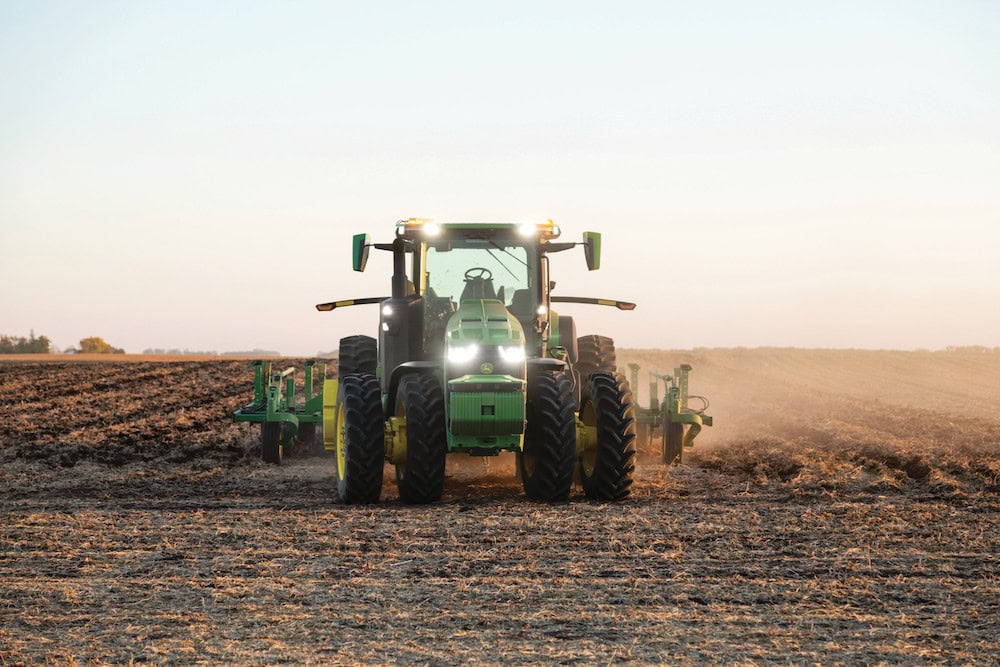
�Automation is perfectly scalable, meaning farmers can rapidly scale up the use of autonomous equipment during pinch-point moments, like harvest or spraying, where labour may be scarce, and then just as easily scale down when they have less time constraints or greater access to skilled workers,� she says.
�Rather than being a futuristic ideal, electrification and autonomous machinery has become today�s expectation.
If you enjoyed this feature on great farm gear, you might like our story on wild dog fences.




